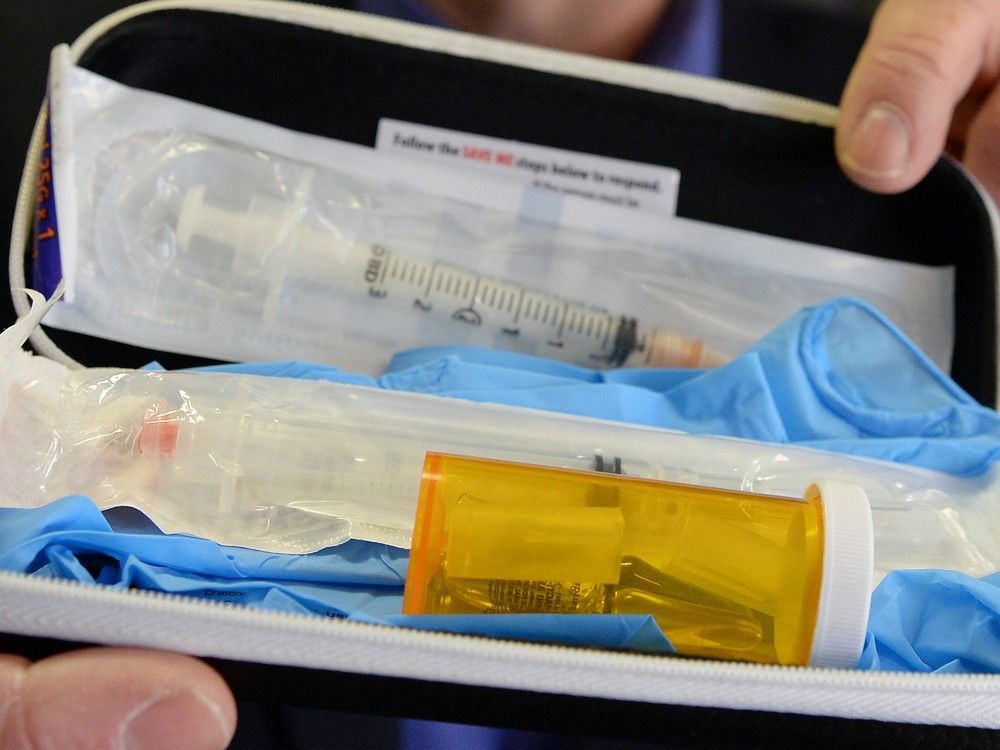
The birthrate in England and Wales is at an all-time low. To keep populations steady, each woman needs to give birth to two children. The current UK rate is 1.
44. Some experts say this is a crisis that will have a detrimental impact on our society, with fewer people to contribute to the economy. Others believe a decreased population will benefit the planet by slowing down climate change.

Still others argue that migration will fill the gap. From the rising cost of living to shifting attitudes towards family and parenthood, why are we having fewer babies? Millennial Zing Tsjeng, fertility expert Professor Geeta Nargund, economist Hamish McRae and mother of one Rhiannon Picton-James share their perspectives. if(window.
adverts) { window.adverts.addToArray({"pos": "inread-hb-ros-inews"}); }We are on the cusp of a fertility crisis in Britain.
The latest figures show that fertility rates in the UK have hit a record low, with just 1.44 children born per woman. With an ageing population, if we do not see an increase in the number of births, the UK could experience serious long-term economic consequences.
But what is behind the UK’s falling fertility? Of course, several factors are at play, such as economic barriers, cultural shifts and changing societal norms. Key issues seem to be the rising cost of childcare, a housing crisis in urban areas, and a lack of family-friendly support, including parental leave and workplace policies. These are having a significant impact on people making decisions about starting a family, which is further compounded by a lack of fertility treatment accessibility.
From a fertility perspective, delaying parenthood can have consequences. Both male and female fertility deteriorates with age, so the fact that more people have no choice but to have children later on is cause for concern. We are already seeing rising demand for fertility treatments across the country, and if fertility rates plummet further, this could skyrocket.
Currently, an estimated one in seven couples experience infertility, which is classified as a disease by the World Health Organisation, and is when a couple does not conceive within one year despite regularly trying.if(window.adverts) { window.
adverts.addToArray({"pos": "mpu_mobile_l1"}); }if(window.adverts) { window.
adverts.addToArray({"pos": "mpu_tablet_l1"}); }Infertility can be caused by many factors, both female and male. Female factors generally include ovulation problems, blocked or damaged Fallopian tubes, or conditions such as endometriosis, fibroids and polycystic ovary syndrome.
Male factor infertility, which can contribute to up to 50 per cent of fertility cases, can be due to low sperm count or quality.However, age is also an important factor, as fertility declines with age due to reduced quality and quantity of eggs or sperm. And as the average age of parenthood across the UK rises, we could see the prevalence of infertility increase too.
But, despite the high number of those affected by infertility, there are severe disparities in access to fertility treatment across the UK, as levels of NHS funding for IVF varies widely from region to region: known as the NHS IVF postcode lottery.Just three of 42 regional integrated care boards (ICBs) provide the NICE-recommended three IVF cycles for women under 40 – and in 2022, only 27 per cent of IVF cycles in the UK were NHS-funded, down from 40 per cent a decade before.This is even more shocking when we take in the added hurdles faced by the LGBTQ+ community and single women.
For these communities, fertility treatments are their only way to create families, but they often face non-clinical criteria to access the treatment they need. Currently, over half of ICBs require female same-sex couples to self-fund between up to 12 cycles of artificial insemination before they are eligible for IVF on the NHS – an added cost of thousands of pounds. Meanwhile, in 2022, just 16 per cent of same-sex couples and 18 per cent of single women had NHS funding for their first IVF treatment, compared to 52 per cent of heterosexual couples.
Furthermore, ethnic minorities, who typically relies more heavily on NHS-funded services, are particularly affected by the postcode lottery – and in turn experience lower average IVF birth rates compared to white women.if(window.adverts) { window.
adverts.addToArray({"pos": "mpu_mobile_l2"}); }if(window.adverts) { window.
adverts.addToArray({"pos": "mpu_tablet_l2"}); }Fertility treatments are essential for helping those who otherwise wouldn’t be able to conceive, and we simply cannot be in a position where people are unable to access the treatment they need by virtue of where they live, or their relationship.If women and couples are not able to access funded treatment and cannot afford private IVF costs, they may be forced to delay starting a family even further or remain child-free.
It is also important that people are aware that IVF is not a silver bullet solution, and success cannot always be guaranteed. The rates of success decrease with age and range from 32 per cent for under 35 year olds to 4 per cent for women aged over 44.It is therefore essential that we stop disparities in IVF access and end the NHS postcode lottery once and for all.
Introducing a national tariff for IVF treatment could be key – standardising the costs paid by ICBs, and enabling them to fund more cycles within the existing budget. But we also must remove unnecessary non-clinical criteria for LGBTQ+ couples and single women, to ensure fair and equal access for all.If we want to be proud as a progressive and equal society, we have an obligation to tackle our fertility crisis through the lens of equality and gender parity, alongside addressing our economic crisis.
While policies should focus on societal needs, they also need to factor in individual desire. To support people with creating families, a collaborative and cross-departmental approach will be paramount, and as part of this we must ensure fair and equal access to fertility treatments for all. Ending IVF disparities can offer more people the chance to have children – and it is essential for the equality and diversity of our society.
Professor Geeta Nargund is the lead consultant in reproductive medicine at St George’s Hospital. She is the founder and medical director of CREATE Fertility and abc IVFPerspectives: One topic, multiple viewsRead nextsquareRhiannon Picton-JamesBritish people are more tolerant of dogs than my childJust readsquareProfessor Geeta NargundI’m a fertility expert, this is why people aren’t having childrenRead nextsquareZing TsjengMillennials are realising children are just not worth it – emotionally or financially.















